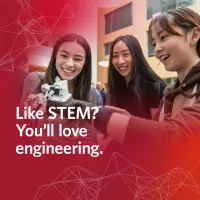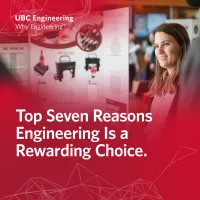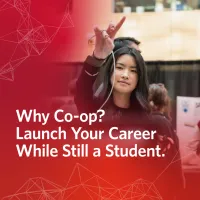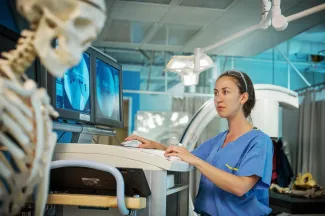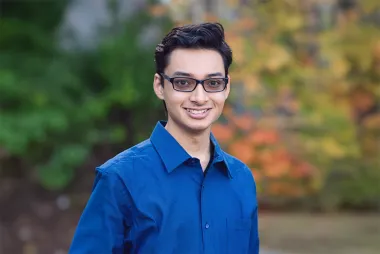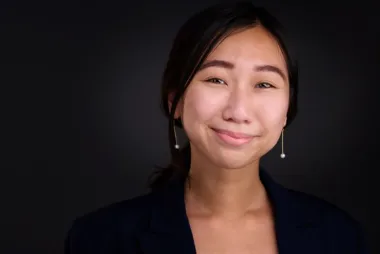"Indigenous engineers have the background knowledge and can offer insight, but it’s crucial that everyone takes the initiative to learn."
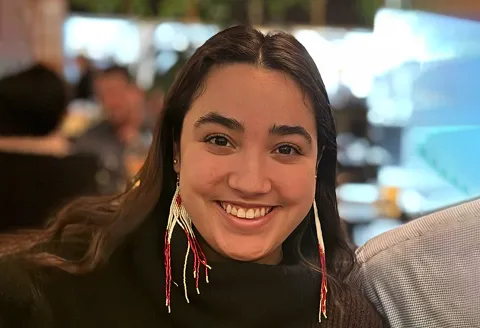
Emily Flaschner
- Degree: Bachelor of Applied Science
- Program:
- Campus: Vancouver
Why did you want to study engineering?
I was interested in studying stem cells and regenerative medicine, so when I applied to UBC I listed the Faculty of Applied Science as my second choice. However, when I looked into it further, I saw that biomedical engineering had the course material I was interested in learning.
I am so glad I had the opportunity to join this program as I realized prior to accepting that I was more interested in the application side rather than the pure science.
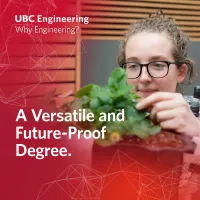
Any highlights from your program that you’d like to share?
I really enjoy working on a team, so the capstone project this year has been tons of fun.
My team designed and 3D-printed a hypoxic chamber for tumour cell cultures. This project was done through an industry partnership, and we were working with a very supportive client that we met with bi-weekly throughout the term. It’s been rewarding to apply the design process on such a tangible product and to be able to develop this design with stakeholder input throughout the year. The capstone project has given us good insight into what it is like to work with industry partners as engineers.
What do you like about academic research?
I am somebody who really enjoys learning so I appreciate that the work is always changing and that you are constantly learning while you’re on the job.
I’m planning to go to graduate school in Spain to do a PhD in September.
Have you been part of any clubs or teams at UBC?
Yes, since my first year I have been part of the biomedical engineering design team UBC Bionics. I have held roles as an electrical-software member, administrative lead, team captain, co-captain and now an advisor. Our team is a prosthetic design group, and we’ve worked on two major projects. The first is a bionic hand and forearm for individuals who have an amputation, and the second is a brain-computer interface for people who are paralyzed.
This experience has been incredibly valuable, and I have met people from various faculties, learned about project management and the logistics of running a team.
It’s a cool way to gain a lot of experience.
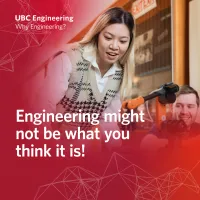
Do you have any thoughts on the contributions you’d like to make in your field?
I really enjoy research, and there are two fields I’d like to focus on long term.
The first is endometriosis, which 10% of women have worldwide and yet it is just a blank spot in terms of our current understanding.
And the other is the prevalence of diseases within underrepresented populations and communities. An example is diabetes. Indigenous people are more at risk because of their genetics, especially on the western diet, because it’s different from what they used to eat. I the research that I do to have an impact on society by improving quality of life and I’d like to assist in developing new treatments.
